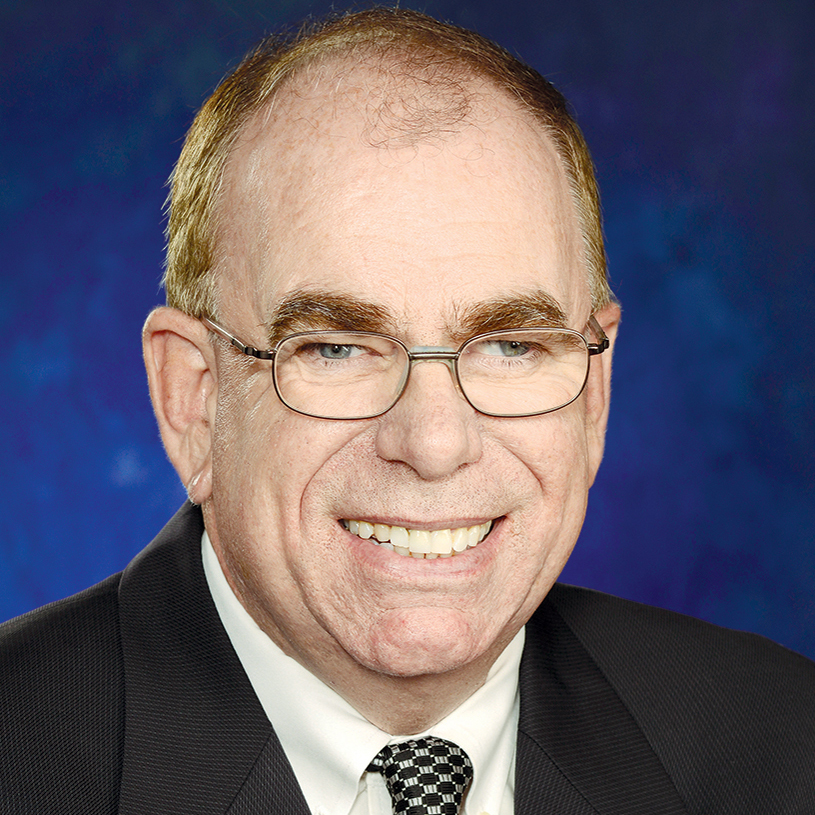
Senior living organizations have a hate-hate relationship with workers’ unions.
Communities hate when employees threaten to organize — or worse, actually follow through.
And they really hate dealing with the administrative and other burdens that accompany being a “union shop.”
Fortunately, most operators realize that the best way to prevent this “problem” from happening is to disincentivize workers from going that route. Fair treatment, competitive pay, attractive perks and clear career paths are among the proven strategies here.
It probably also helps that so many of the people who lead unions have done a pretty miserable job of recruiting and/or looking out for their charges. Small wonder that the ranks of the unionized continue to dwindle.
This is all encouraging stuff, at least from an operator’s perspective.
But we may be seeing the start of a troubling trend; one that could provide a real call to arms for the pro-union folks: communities that cheat workers out of deserved wages.
Just this week, the former owners of six Washington, DC, assisted living communities were ordered to pay more than $1.5 million for failing to fully compensate their front-workers during the height of the pandemic.
DC Attorney General Brian Schwalb’s office said the community violated District minimum wage law by requiring employees to work 24-hour shifts for 14 consecutive days — while only paying them for 18 hours per day.
This follows news that a federal court has ordered the owner of an assisted living community in Grand Rapids, MI, to pay $15,238 in back wages and damages to six workers. The employees were not paid during meal breaks when their duties forced them to work during or through those times, according to court records.
What’s especially notable here is that the amounts of the underpayments are, well, not terribly large. (Not that underpayments on a larger scale would make things okay.)
Frankly, the risk-reward equation is a real head-scratcher. It’s like drivers who go around train crossing gates to avoid a three-minute delay. The gamble hardly seems worth the risk.
Then there’s this: What do you think these revelations will do for the reputations of the two communities that just got nailed? Or the others that may soon follow?
Cheating workers is the kind of thing that can make the public wonder about this field’s business practices. It’s also the kind of thing that can give workers a compelling reason to seek union protection.
John O’Connor is editorial director for McKnight’s Senior Living and its sister media brands, McKnight’s Long-Term Care News, which focuses on skilled nursing, and McKnight’s Home Care. Read more of his columns here.

